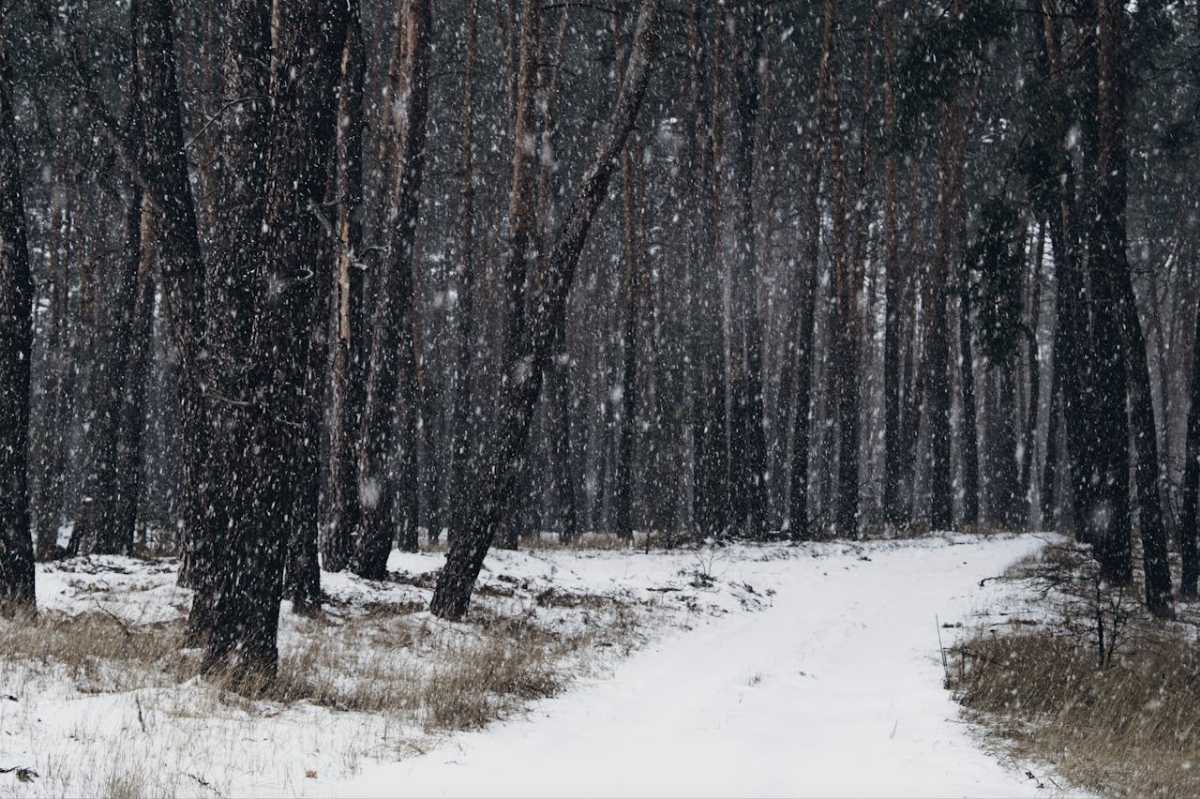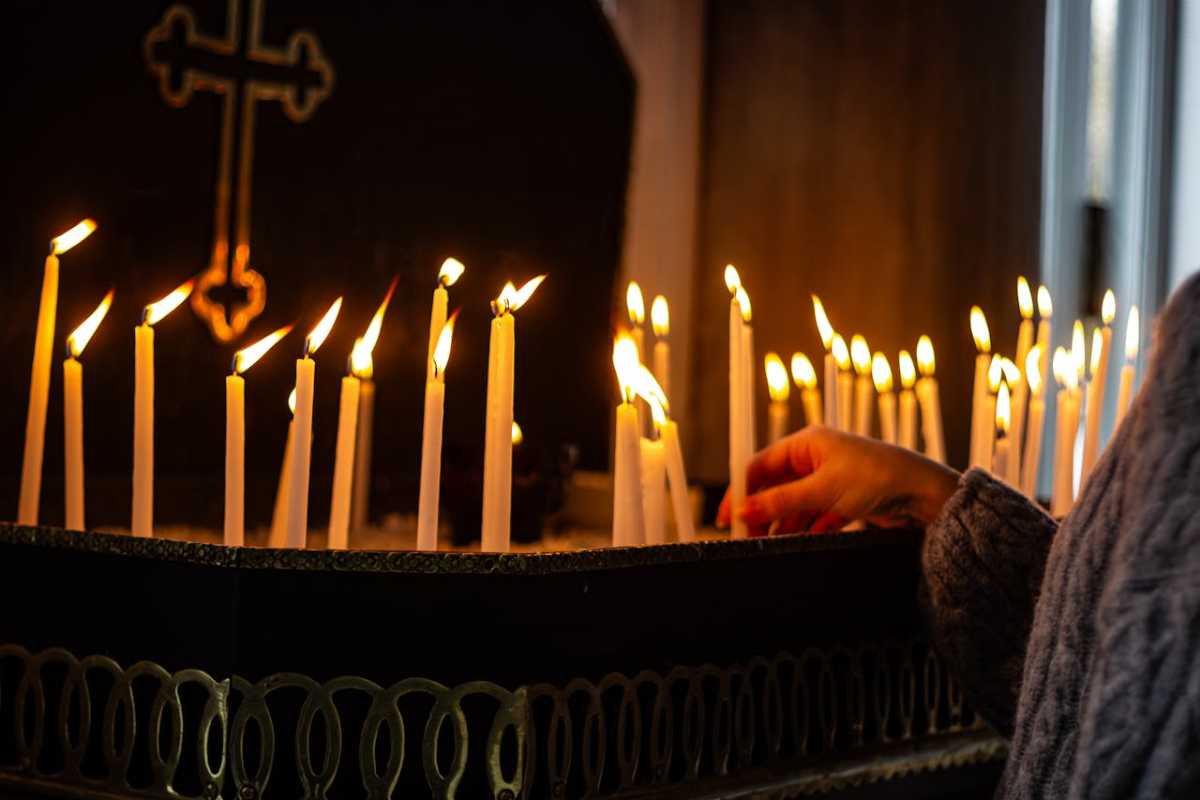Georgia weather in January is typically cold and chilly and significantly varies between regions. In the mountainous areas of the Greater Caucasus, such as Kazbegi and Svaneti, temperatures drop well below freezing. Coastal areas like Batumi along the Black Sea coast are milder, offering a contrast to the chilly interior. January is considered an off-season for tourism in georgia due to cold and snowfall. But it is one of the peak months to visit ski resorts of Gudauri and Bakuriani.
Temperature in Georgia in January
January is one of the coldest months in Georgia, particularly in the mountainous regions. Tbilisi, the capital, experiences average highs of around 6°C during the day, with lows dipping to -2°C at night. Higher elevations in the Caucasus Mountains often see sub-zero temperatures throughout the month, creating ideal conditions for winter sports enthusiasts. Daytime highs average around -2°C to 5°C in the mountainous region, while nights can plummet to -10°C or lower.
Humidity in Georgia in January
Humidity levels in January are generally low to moderate, particularly in the inland regions and mountains. Coastal areas may experience slightly higher humidity due to proximity to the Black Sea, but overall, the air remains dry, contributing to the crisp winter atmosphere.
Rainfall in Georgia in January
January is a relatively dry month in Georgia, with minimal rainfall across most regions. In Tbilisi and inland areas, precipitation is sparse, typically amounting to around 30-40mm for the month. Mountainous regions in Kazbegi and Svaneti may experience some snowfall, adding to the picturesque winter scenery, while coastal cities like Batumi may see light rain showers.
Snowfall in Georgia in January

The Greater Caucasus range, including areas like Gudauri and Bakuriani, receives significant snowfall, making it a prime destination for skiing and snowboarding. Snow depths can vary, but the consistent accumulation creates excellent conditions for winter sports and scenic snow-covered landscapes. Lower elevations and cities like Tbilisi may also experience occasional snowfalls, adding a festive winter charm to the urban environment.
Wind in Georgia in January
Winds in January are variable but generally light, with occasional breezes in the coastal regions. Inland areas and mountain valleys may experience calm conditions, while higher elevations could see stronger winds accompanying snowstorms.
Festivals in Georgia in January

Orthodox Christmas
Orthodox Christmas, celebrated on January 7th, is one of the most significant religious holidays in Georgia. It is marked by church services, festive gatherings, and traditional customs. Families attend midnight mass on Christmas Eve and enjoy a grand feast on Christmas Day. Traditional dishes, such as Satsivi (chicken in walnut sauce) and Gozinaki (caramelized walnuts), are prepared and shared among loved ones.
Bedoba
Bedoba is celebrated on 2nd of January. This day is believed to set the tone for the year ahead. People spend the day engaging in positive activities, enjoying family meals, and celebrating with music and dance. Traditional rituals, such as visiting friends and neighbors to wish them well, are common, creating a festive and communal atmosphere.
Old New Year
Old New Year, observed on January 14th, follows the Julian calendar and is another important celebration in Georgia. It’s a more relaxed and informal continuation of the New Year festivities. People gather with friends and family to celebrate with food, drinks, and traditional music. This day often involves visiting neighbors and relatives, extending the warm hospitality and festive spirit that Georgia is known for.
Visiting Georgia in January offers a chance to experience its winter wonderland, from skiing in the Caucasus to exploring cultural sites in Tbilisi. While temperatures can be cold, especially in the mountains, the country's scenic beauty and unique winter activities make it an enticing destination for adventurous travelers.